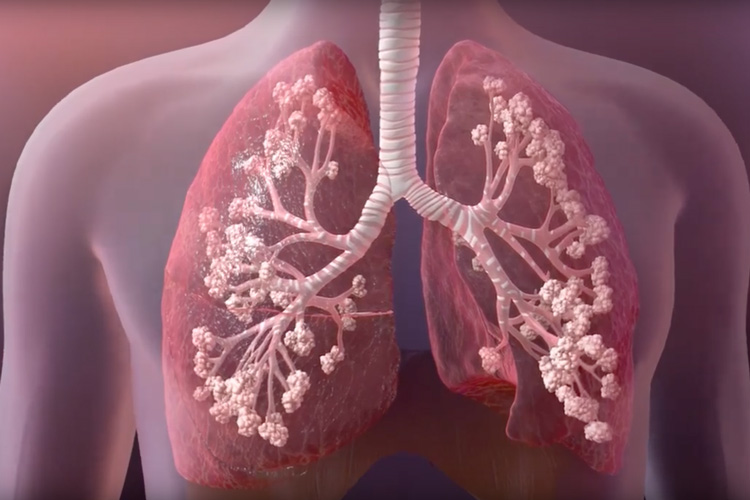Cystic Fibrosis: Symptoms and Causes
Causes:
Cystic fibrosis (CF) is a genetic disorder caused by mutations in the CFTR gene. This gene provides instructions for producing a protein called the cystic fibrosis transmembrane conductance regulator (CFTR), which is involved in the movement of salt and water in and out of cells. Mutations in the CFTR gene result in the production of a defective CFTR protein, leading to thick, sticky mucus buildup in various organs, particularly the lungs and digestive system.
Symptoms:
Symptoms of cystic fibrosis can vary widely among individuals, depending on the severity of the disease and the specific organs affected. Common symptoms include:
- Respiratory Symptoms:
- Chronic coughing
- Wheezing
- Shortness of breath
- Recurrent lung infections, such as pneumonia and bronchitis
- Nasal polyps
- Digestive Symptoms:
- Poor weight gain and growth in infants and children
- Difficulty gaining weight despite a good appetite
- Greasy, foul-smelling stools (steatorrhea)
- Abdominal pain and bloating
- Constipation or bowel obstruction
- Pancreatitis
- Other Symptoms:
- Salty-tasting skin
- Clubbing of the fingers and toes (enlargement and rounding of the fingertips)
- Fatigue
- Increased susceptibility to dehydration and heat-related illnesses
Conclusion:
Cystic fibrosis is a genetic disorder characterized by the production of thick, sticky mucus in various organs, primarily affecting the lungs and digestive system. Early diagnosis and comprehensive management are essential for optimizing outcomes and improving quality of life for individuals with cystic fibrosis. Treatment typically involves a combination of medications, respiratory therapies, nutritional support, and regular monitoring by a multidisciplinary healthcare team. Additionally, advances in medical research and therapies continue to improve the prognosis and quality of life for individuals living with cystic fibrosis.





Comments